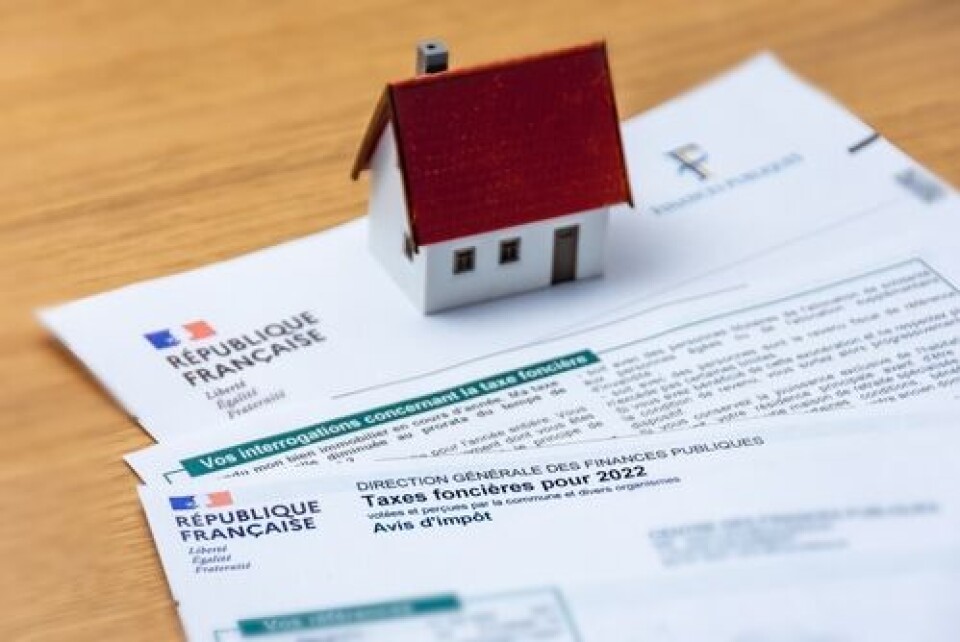-
Grand crème, café crème, au lait: how to order coffee in France?
We explain the subtle distinctions between the various terms used in cafés
-
Property tax deadline is extended in France after website crashes
Thousands logged on simultaneously to pay their taxe foncière bill just before midnight deadline
-
2024 French property tax: which areas are seeing the highest rises?
We review how the taxe foncière is calculated, and which areas have seen the largest increase
What are rules for designating French second home our main residence?
We look at the rules around home ownership in France, how long you stay there and how that dictates what taxes you should be paying

Reader question: I am an EU citizen (but not French) and my spouse is British. We have a house in the UK and another in France which we bought in 2015.
We are retired and our only income is pensions. We are both currently within the UK tax system. We spend four months a year in our French home and the remainder in the UK or otherwise outside of France.
Can I declare our French home as being my main residence for tax purposes? If I do, will it be exempt from taxe foncière and capital gains tax because I am an EU citizen?
My pensions are below the personal tax allowance level in the UK but I do have a drawdown pension that I have not yet accessed. My spouse is in a similar position but has accessed his drawdown pension, but not to the point where tax is due.
Fiscal residency – meaning in which country one is taxed – is not simply a matter of choice but is dependent on specific rules.
For France, fiscal residency depends on:
- Having your home in France, as opposed to just a secondary residence
Or, if that cannot be determined, then:
- Spending more of the year in France than anywhere else, or otherwise
- Having one’s ‘centre of economic interests’ in France, or otherwise
- Running a business from France
Residency complications can arise but for most people the main criterion is having one’s home – in the sense of a principal private residence – in France.
As such, the matter of where to declare your income – and potentially pay tax – is not a choice but a result of where your main home is.
As you are in France for only four months of the year (unless, possibly, you were not resident as long as this in any one other country), it does not sound as if you would meet the criteria for being French fiscally-resident.
So you would not have the right to declare your income in France rather than in the UK.
Exemption from capital gains tax is linked to this. As a general rule, it is applicable to second homes (including the only home in France of a non-resident), although subject to reductions for length of ownership.
There is complete exemption from tax and social charges after 30 years’ ownership.
As to being exempt from taxe foncière, the main condition for this would be if you were both over 75 and your joint income was less than €17,297.
Although most reductions and exemptions related to local taxes apply only to residents, the French authorities have stated in the past that this one can apply to non-residents’ second homes, but you do have to request it.
In both cases, the exemptions have nothing to do with being an EU citizen.
Related articles
Do non-residents pay more French tax on second homes than residents?
Taxe foncière France’s local property tax: Who pays and the exemptions
France or UK: Are you paying your taxes in the right country?
























